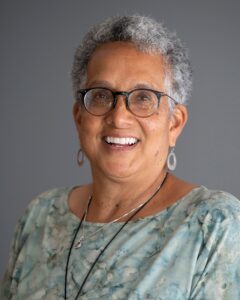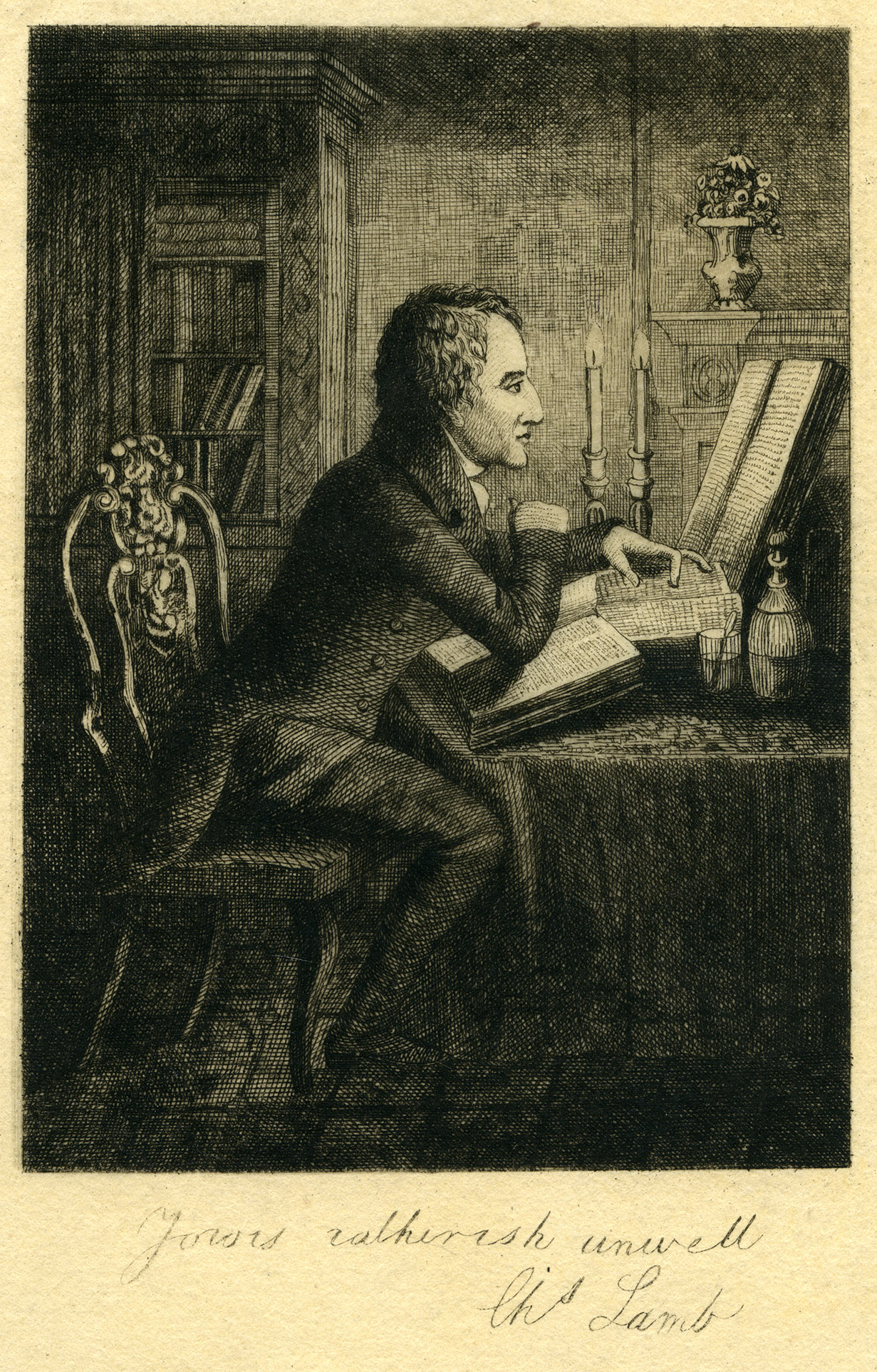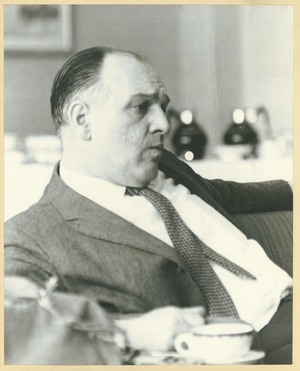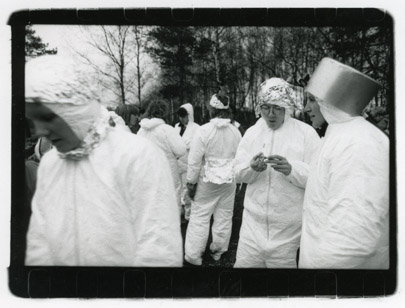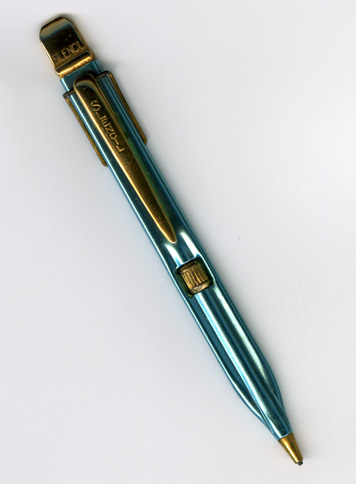University of Massachusetts Amherst. Chancellor
The position of Chancellor for the Amherst Campus was created in 1970, when the office of the University President was given oversight of the entire UMass system. The Chancellor is the chief administrative officer of the campus and is responsible for carrying out policies and procedures as established by the Board of Trustees and the University President. He or she coordinates the major administrative units of the campus, assumes responsibility for campus-wide strategic planning and, in particular, guides activities that involve different administrative units, including the budget, enrollment management, facilities planning, and some labor relations.
The Chancellor’s records include information on the University budget (1908-2007), the administrative records of individual Chancellors, and records documenting the activities of the Chancellor’s Office. Since 1983, most Chancellors have issued the annual Chancellor’s Report, which addresses the state of the campus and special topics such as student needs, the future of the University, relationships with the Commonwealth, and budget issues. The papers of individual Chancellors are filed separately in UMarmot under the individual’s name.
Access restrictions: Much of this record group is stored off-site and requires advance notice for retrieval.

